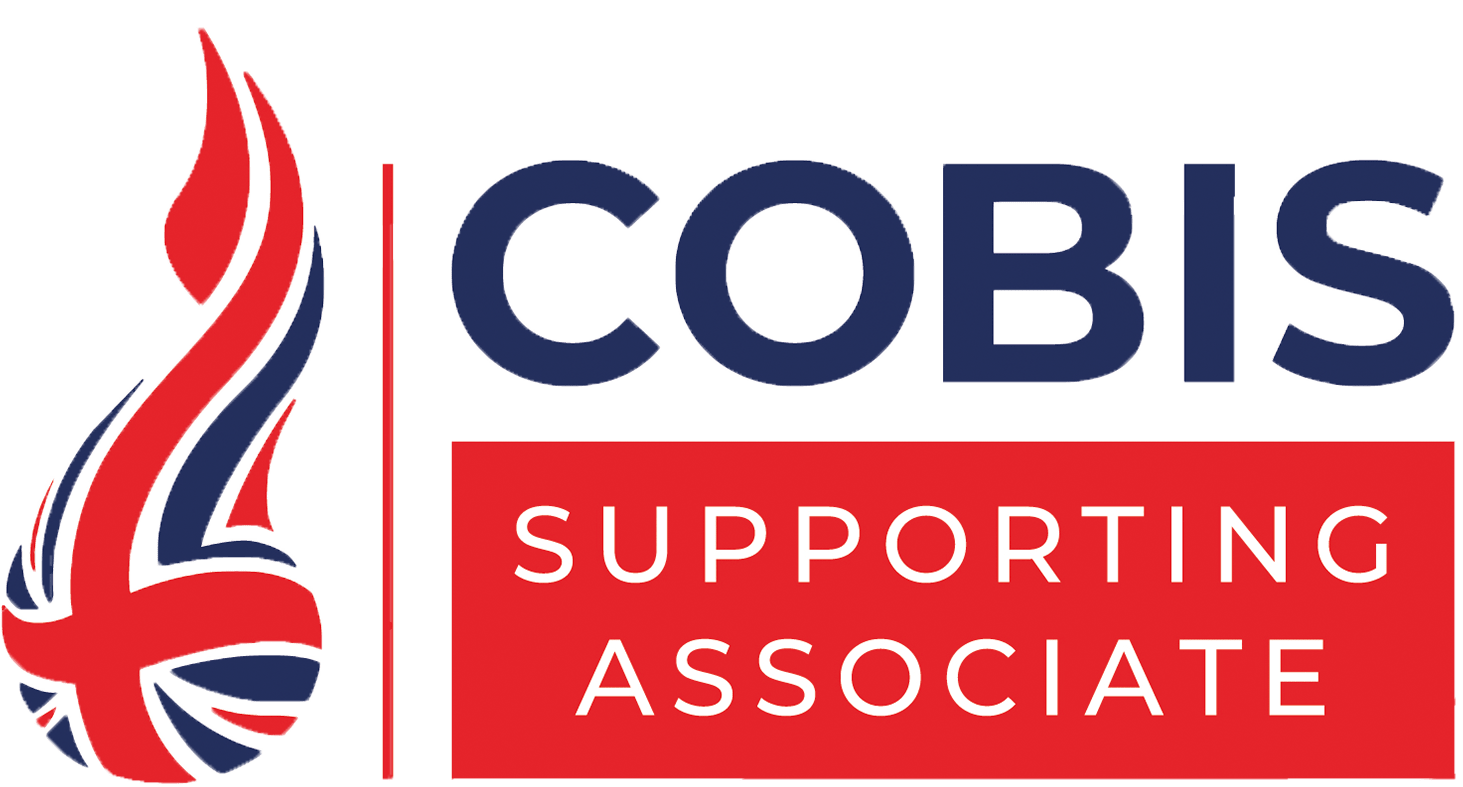In our work over the years training on assessment data in schools, we have seen the full range of views from teachers towards these far-off numbers that break down every attribute and aspect of pupils in their schools. From the statistically-savvy scientist, to the subject-specificity sceptic… from the distant and indifferent, to the outright scared… We’ve come across them all!
The range of reactions and attitudes that teachers often have towards data is startling – including but not limited to: “It’s boring”, “It’s not relevant to my subject”, “It’s too complicated – completely beyond me”, “I just get beaten with a stick for my poor value-added score last year”, “We can’t reduce our pupils to a set of numbers”, and “Oooh, look at that S-shaped regression!!”
On a recent inset visit at a school subscribing to our CEM data training packages, I saw examples of all of these and more. By the end of the session – working from the ground-level of what standardised scores are, to detailed interpretation of statistical process control charts – 95% of the staff there were confident to use at least some aspect of the data. In fact, a large proportion of those were in fact enthusiastically having conversations with colleagues about how they’d put the findings into practice.
What is the underlying issue at play here, then, that repels a lot of teachers from such powerful insights into their charges?
(Disclaimer: I don’t want this to come across as a criticism, through the thick veil of a keyboard, of those teachers at all. We have worked in schools, and have used the data on a day-to-day basis. In fact, my co-Director Stuart Kime began his career as an English teacher with severe dataphobia; he’s now a statistics convert and has studied for a PhD based around stats and such quantitative data. It can be done! But every teacher is different and has the right and power to choose the tools he/she uses.)
I think there are three key parts to it: indifference, a negative/fearful attitude towards data and stats in general, and a lack of training in interpreting such data. I concede, it is by no means that simple – there are always more factors at play – but those are what I’d say are three of the main facets.
Whatever the reason is, though, good, robust, and reliable assessment data are incredibly powerful. It is absolutely not about reducing a pupil to a set of numbers. This isn’t some education-based Football Manager-style virtual reality where everyone has 35 distinct attributes and a score out of 20 in each. This is real life, and these are real pupils. We are complex beings, and our behaviour – and therefore learning – is inherently unpredictable.
But what we always advocate is that successful use of assessment data is 50% knowledge and training in good interpretation of the data, and 50% the teacher’s professional knowledge of that class, pupil and child. In fact, at the aforementioned training session, the most common words to leave my mouth were “Does this tally with your experience of Child 2447391702?” Just kidding… I wouldn’t reduce a pupil to a number like that!
Two-thirds of the time, when I asked this question, it did. That in itself is good to know – that the pupil’s performance is roughly what we should be expecting. But in those instances when it didn’t, it sparked really fascinating conversations. And, no – not just from the Science department. Inter-departmental conversations… Art teachers pointing out that, actually, mathematical ability is actually a big factor in perspective. Maths teachers thinking about how the language they use in the classroom and in tests starkly affects those pupils with relatively low vocabulary ability. You get the picture.
As a professional, in any field, if you could have a reliable baseline assessment of areas needing support, and particular strengths, would you want to use this information? I’d hazard a guess that a vast majority would – most of all in teaching, where the futures of the pupils in your care are dependent, to a large extent, on your teaching and their learning. That is the power of good assessment data, and it’s important that teachers recognise that. Only when this is recognised and harnessed, can good data be respected and used wisely.





